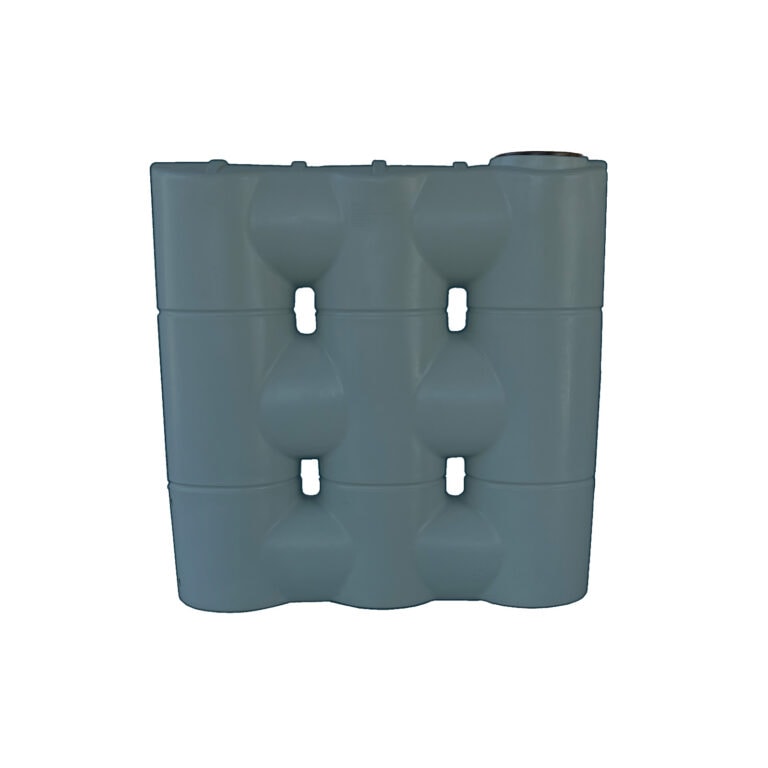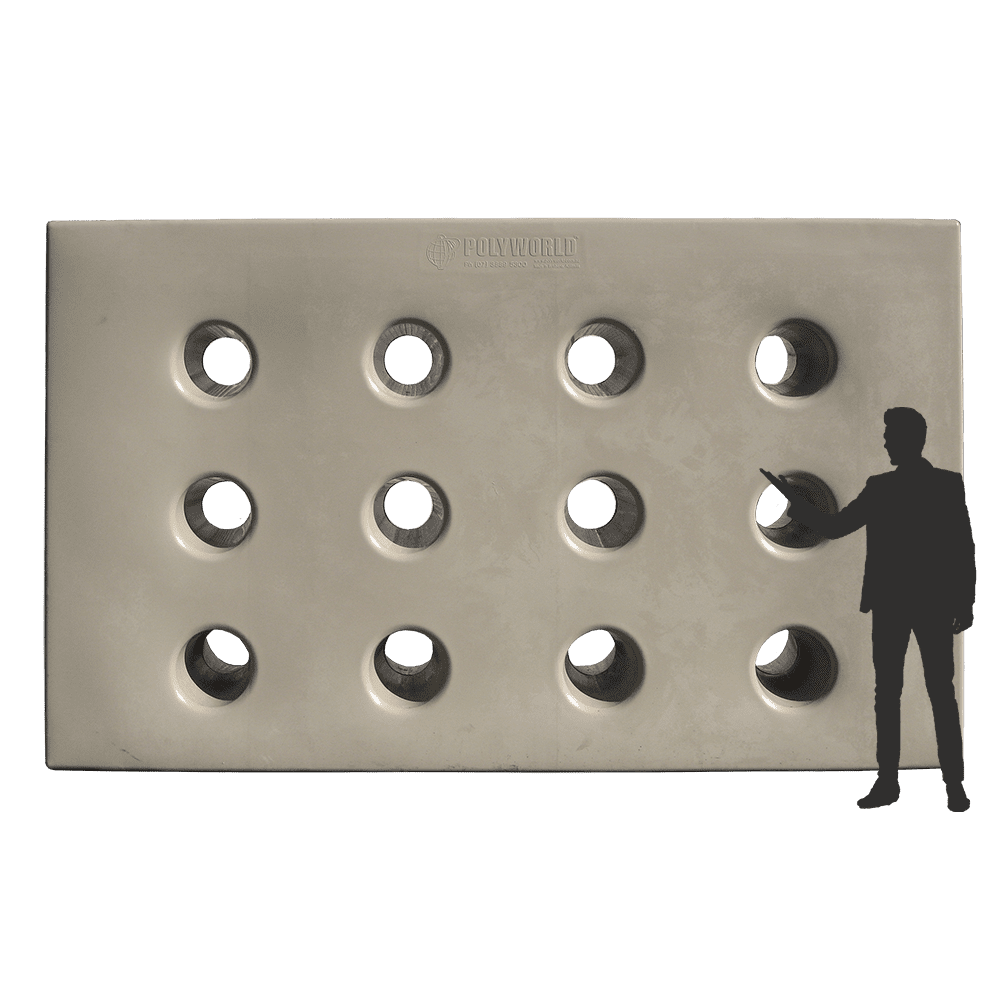Discover the Benefits of Slimline Water Tanks for Space-Saving Storage Space
Wiki Article
Discovering the Different Usages of Rainwater Tanks for Residential and Commercial Characteristics
As the global concentrate on sustainable living techniques proceeds to heighten, the use of rain containers in both property and business settings has actually arised as an essential solution. These storage tanks use a tank for rainwater harvesting, presenting a myriad of possible applications that expand much past plain storage. From irrigation to bathroom flushing and landscaping, the convenience of rain storage tanks is huge. In addition, their integration right into commercial buildings opens a realm of opportunities for ecologically aware companies. The complex uses rainwater containers present an engaging instance for their fostering, not only as a useful water-saving procedure yet likewise as a testament to accountable resource monitoring.Benefits of Utilizing Rainwater Storage Tanks
Utilizing rainwater containers supplies countless benefits for both houses and neighborhoods in regards to water conservation and sustainability. One of the vital advantages of using rain tanks is the considerable reduction in reliance on mains water system - Slimline water tanks. By catching and saving rain for later usage, individuals and neighborhoods can lower their demand for treated water, ultimately reducing the problem on water therapy facilities and decreasing power intake linked with water transport and therapy
Moreover, rain gathering with storage tanks gives a dependable different water resource during times of water constraints or scarcities. This stored rainwater can be used for different non-potable purposes such as irrigation, purging toilets, and washing garments, lowering the pressure on typical water resources. Additionally, making use of rainwater tanks can lead to set you back savings for both homes and areas by lowering water bills and reducing the demand for expensive facilities expansions to meet expanding water demands.
Basically, the usage of rainwater containers supplies a lasting and eco-friendly method to water management, benefiting both individual users and the wider community in terms of water conservation, cost-efficiency, and durability.
Rainwater Storage Tank Use in Irrigation
Given the advantages of rainwater tanks in preserving water resources and minimizing reliance on keys water, a considerable application hinges on utilizing stored rain for irrigation functions - Slimline water tanks. Rainwater harvesting systems can efficiently gather and save rainwater, providing a sustainable water source for sprinkling gardens, yards, and farming areas. By utilizing rainwater for watering, building owners can decrease their dependence on cured water resources, leading to cost financial savings and ecological benefits
One of the primary benefits of utilizing rainwater for irrigation is its pureness. Rainwater is normally soft and cost-free from the chemicals and additives typically located in keys water, making it excellent for nourishing plants check this site out without the threat of hazardous impacts. Furthermore, rainwater goes to ambient temperature level, which can benefit plant development by avoiding temperature level shocks that can occur with chilly mains water.
Rain Containers for Toilet Flushing

Applying rainwater containers for commode flushing is an economical and eco-friendly method that can be easily integrated into both household and commercial residential or commercial properties. The kept rainwater can be used to purge toilets by connecting the tank to the existing plumbing system. This simple yet reliable option can substantially reduce water usage in a building, specifically in areas where water deficiency is a concern.

Including Rain Storage Tanks in Landscape Design
These tanks can record and keep rain overflow from check here roofs, which can after that be made use of for sprinkling gardens, grass, and plants. By utilizing rainwater for irrigation objectives, building owners can decrease their reliance on local water resources, leading to cost savings and conservation of priceless water resources.In addition to supplying a lasting water resource for landscape design requirements, rain storage tanks can likewise assist in managing stormwater overflow. By capturing rain that would otherwise move into storm drains, these storage tanks can alleviate disintegration, minimize flooding risks, and avoid air pollution of natural water bodies. Moreover, integrating rain containers in landscape design can add to the overall visual charm of the property, showcasing a commitment to ecological stewardship.
Business Applications of Rainwater Tanks
Making use of rainwater tanks in industrial setups uses a lasting option for water management and preservation, profiting companies and the environment alike. One key commercial usage is for watering functions, where collected rainwater can be utilized to water landscaping, yards, and farming areas surrounding industrial buildings.In addition, rainwater tanks can be integrated into the fire suppression systems of industrial structures. By having a devoted water resource for firefighting purposes, services can enhance their fire safety measures and possibly decrease insurance coverage premiums. Furthermore, rain accumulated in containers can be treated and used for non-potable purposes within industrial properties, such as flushing bathrooms, cleansing, and cooling systems. This not only saves fresh water sources however also decreases operating costs for services. In general, the consolidation of rainwater containers in commercial setups presents a practical and ecologically accountable approach to water administration.
Conclusion
In conclusion, rain storage tanks offer countless advantages for both household and industrial homes. From watering to bathroom flushing and landscape design, making use of rainwater containers can aid conserve water resources and reduce water bills. Furthermore, including rain containers in industrial setups can lead to substantial cost financial savings and environmental advantages. Overall, the adaptability and sustainability of rain tanks make them a beneficial investment for any kind of homeowner look here looking to boost water efficiency.Report this wiki page